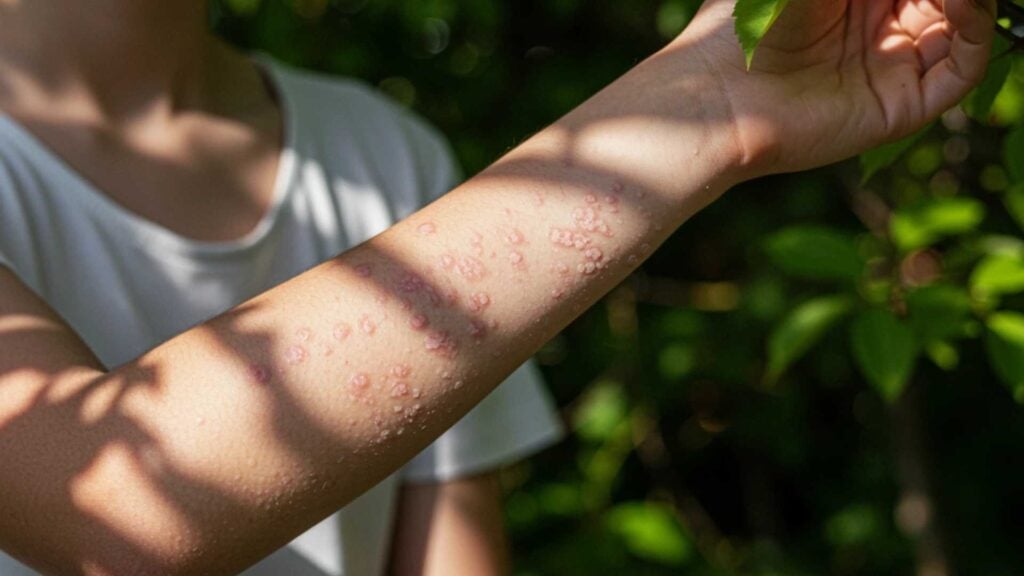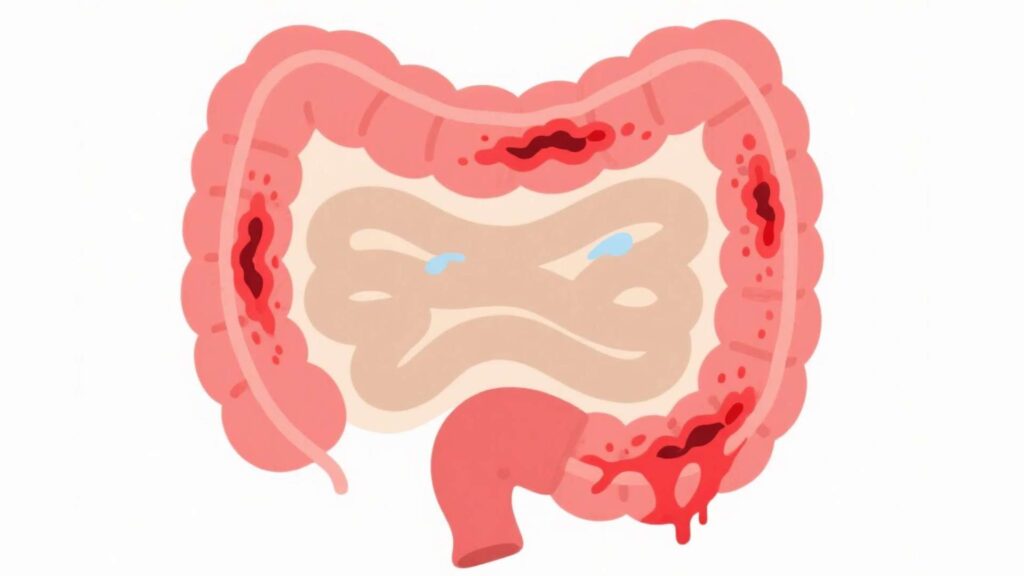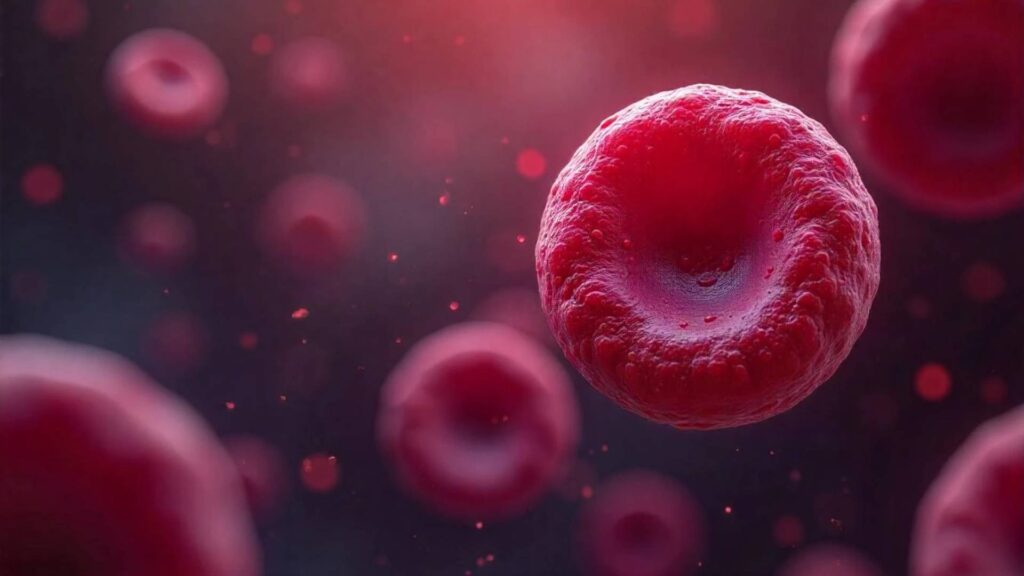Psoriasis is a chronic autoimmune condition that affects skin cells. When triggered, immune cells can accelerate cell growth on the skin surface producing patches of scaly, swollen, and sometimes painful skin. The scales are red and thick on white skin while dark brown or purple on darker skin types.
In the US, psoriasis is common among white people while least common among black Americans. According to the American Academy of Dermatology, 3.2% of the US population is living with psoriasis.
Types of Psoriasis and Symptoms
Common clinical subtypes of psoriasis are as follows:
- Plaque Psoriasis is the most prevalent psoriasis. It accounts for 80% to 90% of diagnosed cases of psoriasis. Its symptoms include dry and itchy skin patches covered with scales. These scales mostly occur at elbows, knees, and scalp. The patches may heal and leave hyperpigmented (brown or black) skin patches. The hyperpigmentation often disappears over time.
- Inverse Psoriasis affects areas where skin folds such as the groin, breasts, and buttocks. Its symptoms include inflammation and red patches without scales. Fungal infection can trigger this type of psoriasis.
- Guttate Psoriasis is often triggered by bacterial infections. It affects children and young adults. Its symptoms include small scaly spots on the legs, arms, and trunk.
- Nail Psoriasis affects the nails in the fingers and toes. Its symptoms include discoloration, abnormal growth, and pitting of nails that can lead to crumbling nails in severe cases.
- Pustular Psoriasis affects palms and soles where it causes pus-filled blisters. It is a rare autoimmune condition.
- Erythrodermic Psoriasis affects the skin on the whole body. Its symptoms include peeling skin rashes with intense burning and itching. It is the rarest type of psoriasis.
Causes of Psoriasis
Psoriasis is a result of an abnormal immune response to skin cells. The immune system attacks skin cells and prompts rapid growth of skin cells, resulting in skin patches. The skin cells normally regenerate in 30 days but in the case of psoriasis, it takes around 4 days.
Family history is also a risk factor which suggests a genetic factor to psoriasis. Genetically transmitted psoriasis may skin generations and affects men more than women.
Psoriasis is not a contagious disease.
Triggers of Psoriasis
The abnormal immune response that triggers psoriatic symptoms can be triggered by the following factors:
- Viral and bacterial infections of the skin
- Skin injury by trauma, bug bite, or excessive scratching
- Hormonal changes during pregnancy or hormone treatments
- Emotional, mental, or physical stress
- Medicines like antimalarials, high blood pressure medicines, and some anti-inflammatory drugs (e.g. Indomethacin). Steroid withdrawal can also prompt psoriasis.
- Excessive exposure to sunlight
- Obesity
Psoriasis Complications
People living with psoriasis may develop complications beyond skin rashes and itchiness. It often invites other autoimmune conditions as well. The most common co-occurring autoimmune condition with psoriasis is arthritis.
- Psoriatic arthritis accounts for 33% of patients suffering from psoriasis. Its symptoms include joint pain and inflammation, along with skin rashes and scaly patches.
- Skin hyperpigmentation after the disease goes into remission and the skin heals. Hyperpigmentation can go away over time.
- Autoimmune eye inflammation like uveitis and conjunctivitis.
- High blood pressure and cardiovascular diseases.
- Autoimmune diseases of the gut such as celiac disease and Crohn’s disease.
- Type 2 diabetes and obesity.
Living with Psoriasis
Living with psoriasis could be challenging. The following steps can be taken to make it manageable and easier to live with:
- Keep your skin clean using hypoallergic soap.
- Avoid skin scratching and itching.
- Use hypoallergic moisturizers to deal with the dry skin.
- Control your diet. Certain diets can trigger flare-ups (worsening of symptoms) and should be avoided. Keeping of journal is a good idea to keep track of diet records.
Moderate physical activity and proper sleep. Avoid stress. It is scientifically proven that stress triggers aggressive immune responses and can worsen the symptoms.



